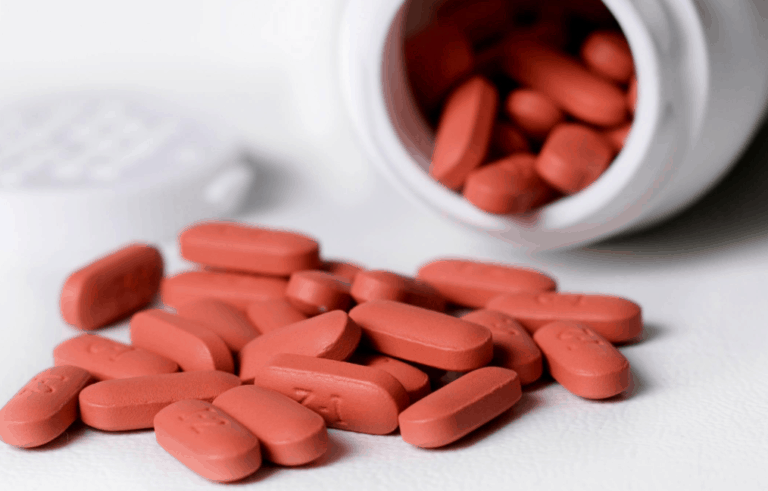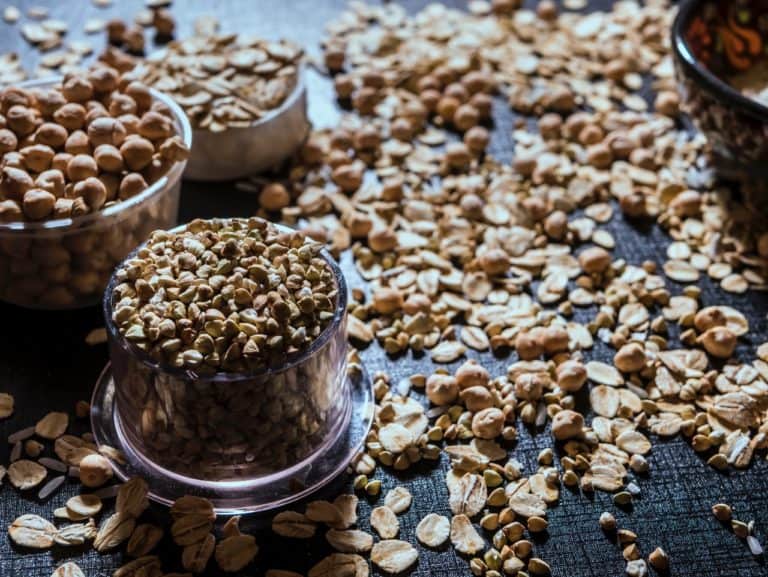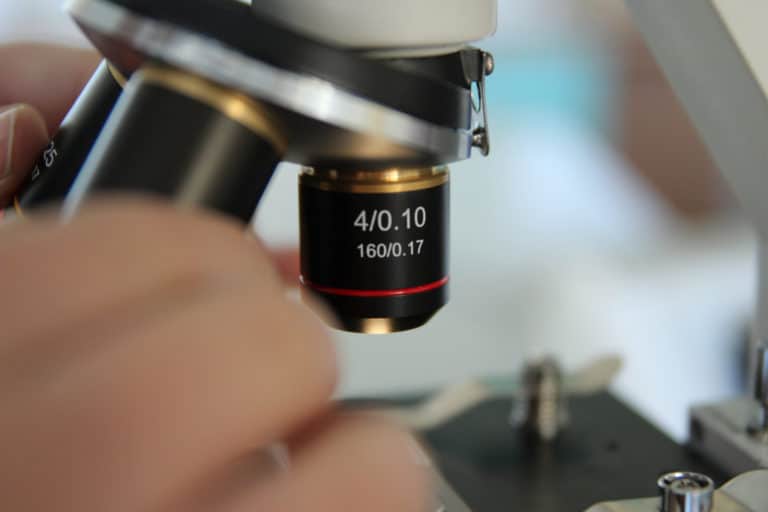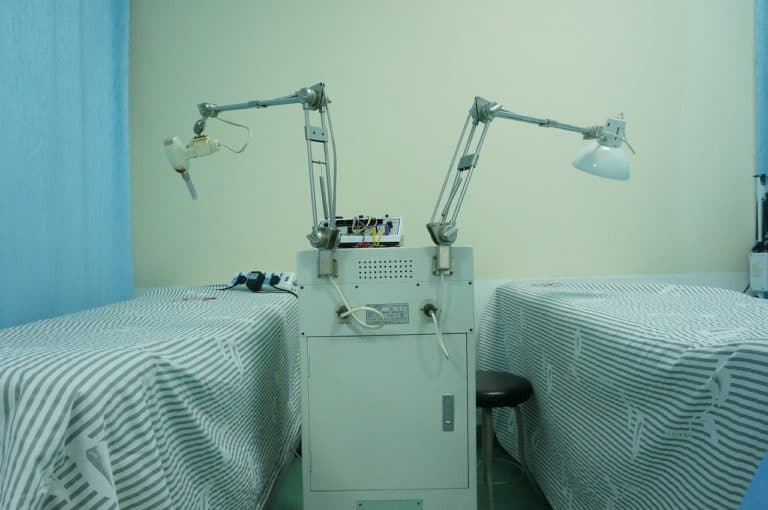Stress can have a significant and unhealthy impact on your physical and emotional health, which is why it is important for you to find ways to reduce and manage it. Ways to reduce stress include changes you can make to help your overall health. To get you started, here are 5 ways to reduce stress in your life.
Exercise regularly: You’ve heard it all before, but it works. Aerobic exercise works wonders for releasing tension and pent-up stress. Other activities like yoga and tai chi provide ways to reduce stress.
Eat a healthy diet: Your body can better cope with stress if it is well nourished and if you keep your energy level as even as possible. That means start with breakfast (that does not mean a Danish and coffee, we said healthy) and nutritious food throughout the day.
Reduce sugar and caffeine: Both sugar and caffeine provide temporary “highs” that typically end with a crash in energy and mood. Once you cut back on the amount of coffee, colas, and sugary foods, you will feel more relaxed and you should even sleep better.
Don’t self-medicate: That means avoid alcohol, cigarettes, and drugs, all of which can provide a temporary escape from stress. Masking your problems won’t make them go away; dealing with them with a clear head can.
Sleep: Sleep allows your body to repair and rejuvenate itself. To improve sleep, set a consistent wake and sleep cycle. Create a stress-free and comfortable bedroom. Do not work or check e-mail in your bedroom or immediately before going to bed. Keep your work devices out of the bedroom.
How Stress Affects Prostate Health
Stress can have a negative impact on your prostate health. Stress is shown to make symptoms of an enlarged prostate worse. Stress may also be a cause of painful chronic nonbacterial prostatitis. Just as some people tighten their neck and shoulders when stressed, some men unknowingly tighten their pelvic floor muscles, and this chronic tightening could lead to prostatitis.







